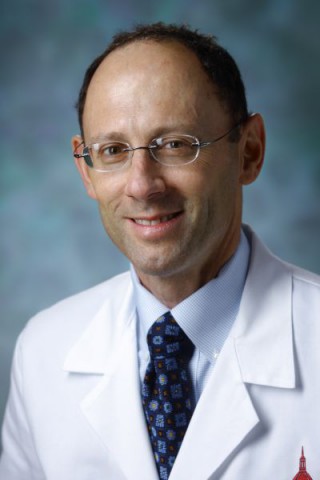
A message to National Public Radio
I am a physician, cardiac arrest survivor, and Chair of the Board of the Sudden Cardiac Arrest Foundation. Our organization is dedicated to improving the survival of victims of sudden cardiac arrest and maximizing the quality of life of those fortunate to survive, due to CPR and defibrillation with an AED. While your May 29, 2023, piece by Clayton Dalton on CPR made many excellent points, I am afraid that the message conveyed may do more harm than good.
Your story failed to make the critical distinction between cardiac arrest occurring in an out-of-hospital setting in an apparently healthy individual and those occurring in hospitalized patients, or in the instance with which you start your story, an elderly woman at a senior living facility. By all means, all individuals in the latter group should have an advance directive stating their preference for care should they have an in-hospital, or in-facility cardiac arrest. As stated in your article, such decisions should be informed by a discussion with a physician about prospects for quality of life after a successful resuscitation. As an intern, I was witness to, and participated in, several “codes” in which there was the senseless application of CPR.
An out-of-hospital sudden cardiac arrest is a totally different story. In this case, the victim’s sudden cardiac arrest may be due to intrinsic cardiac disease or another acute medical problem. In these cases, the chance of survival, if the cardiac arrest is promptly discovered, and the chain of survival care is initiated--calling 911, immediate hands-on CPR, and defibrillation with an AED, is quite good. In certain cities in the United States, survival can be as high as 50%.
Your story contains several misleading comments about CPR. The statements that many physicians themselves would not want to be resuscitated, that 50% of survivors wish that they had not been resuscitated and implying that certification for flight attendants, nurses, and babysitters is unnecessary unduly bias the reader against CPR. I challenge you to find a physician who would not want to be resuscitated after collapsing on a tennis court or having a cardiac arrest while at work. In my community of survivors, who were not frail, bedridden, or elderly, I do not know a single one who regrets having been resuscitated. The victims who flight attendants and babysitters encounter are not frail and elderly. Imagine telling the parent of a child suffering commotio cordis during a lacrosse game that you didn’t perform CPR because you understood that it rarely helped!
Our organization--the Sudden Cardiac Arrest Foundation and our survivor community, the Cardiac Arrest Survivor Alliance--believe that your unbalanced story has done a disservice. We are asking that you do another story which emphasizes the importance of CPR and early defibrillation and how they can be lifesaving in the appropriate population.
Sincerely yours,
Henry Jampel, MD
Odd Fellows Professor of Ophthalmology
Johns Hopkins University
Board Chair, Sudden Cardiac Arrest Foundation
- Log in to post comments
